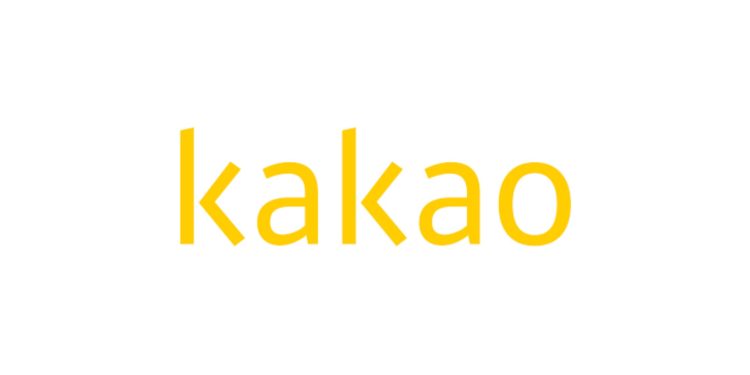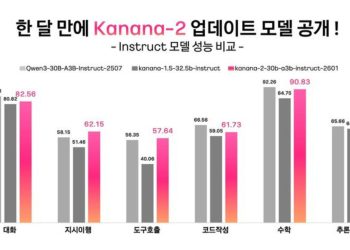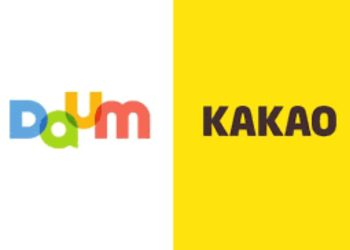Kakao is preparing to embed OpenAI’s ChatGPT into its flagship messaging service, KakaoTalk, in a move aimed at strengthening user engagement and modernizing the platform. Industry insiders said the new feature will allow users to access ChatGPT directly within the app’s chat tab, eliminating the need to switch between different applications for AI-driven conversations.
The planned rollout, expected to be unveiled at Kakao’s annual developer conference “If Kakao” on September 23, underscores the company’s strategy to weave artificial intelligence into everyday communication. By integrating conversational AI seamlessly into its core service, Kakao hopes to boost the time users spend on KakaoTalk and position itself more competitively in Korea’s fast-evolving digital ecosystem.
The upcoming upgrade is designed to blur the line between human and AI interactions on KakaoTalk. A new ChatGPT button is expected to appear on the message input screen, enabling users to launch AI conversations as smoothly as they would start a chat with a friend. This direct placement is intended to make AI support feel natural rather than a separate feature.
Kakao is also considering extending ChatGPT’s capabilities to the app’s built-in search tool, which would allow users to look up information without leaving the chat environment. By doing so, the company hopes to broaden the role of AI across the platform, ensuring that search, conversations, and daily communication are all enhanced by generative intelligence.
The initiative follows recent remarks by Kakao CEO Chung Shin-a, who emphasized that AI will form the backbone of KakaoTalk’s next transformation. During the company’s second-quarter earnings call in August, Chung said that exposing users to ChatGPT results in their conversations could encourage even those unfamiliar with AI to experiment with the technology. She described this as a way of making AI an everyday presence rather than a niche tool.
The official reveal of the collaboration with OpenAI will take place at Kakao’s developer conference, “If Kakao 2025,” on September 23. Industry observers expect the company to show for the first time how ChatGPT will sit within the interface and how users can switch between personal chats and AI-powered assistance.
The integration is also viewed as part of Kakao’s strategy to counteract declining user engagement. Despite its 49 million monthly active users, KakaoTalk has faced a steady decline in usage time, with average monthly minutes per user dropping by about 16 percent since mid-2021. By embedding ChatGPT, Kakao aims to extend user sessions and regain ground lost to rivals like YouTube and Instagram, which currently lead in both engagement and time spent per user.
However, the move is not without risks. Industry insiders have raised concerns that operating ChatGPT within KakaoTalk could eventually force the company to charge users or adopt ad-based monetization models. Since OpenAI’s services involve licensing costs, Kakao may need to explore revenue streams similar to YouTube’s premium subscriptions or Netflix’s ad-supported plans. While KakaoTalk has long been regarded as Korea’s “national app,” analysts caution that charging fees could erode public trust and reduce its cultural reach.
Some experts have also warned that an aggressive push toward monetization could conflict with Kakao’s original philosophy of empathy and accessibility. Kim Gi-chan, a business professor at Catholic University, noted that Kakao’s early growth was rooted in providing free, open communication. Introducing fees or invasive advertising, he argued, could undermine user goodwill and weaken the company’s influence in the broader platform economy.







